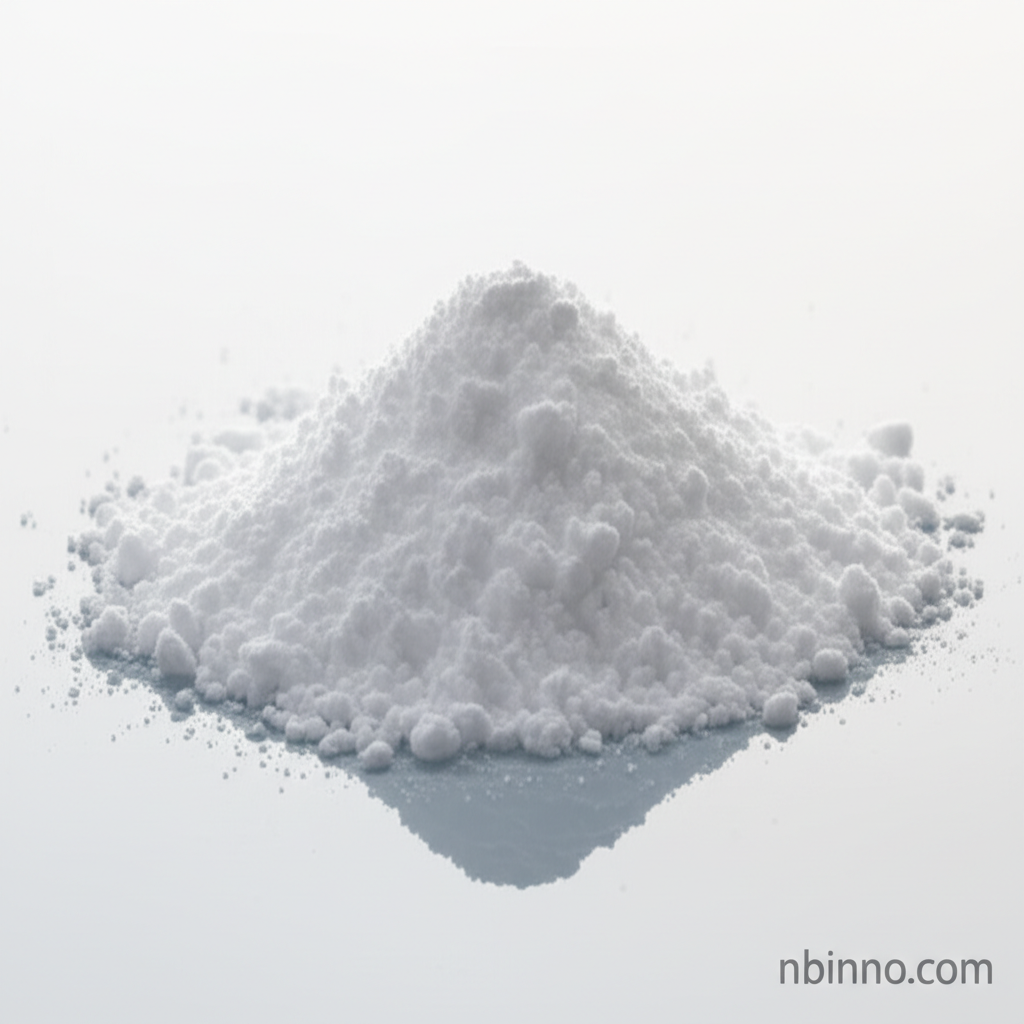Procarbazine Hydrochloride: An Overview of its Properties, Applications, and Handling
Comprehensive guide to Procarbazine Hydrochloride for healthcare professionals and patients.
Get a Quote & SampleProduct Core Value

Procarbazine Hydrochloride
Procarbazine Hydrochloride is a vital chemotherapy medication renowned for its efficacy in treating complex cancers like Hodgkin lymphoma and various brain tumors. Its primary mechanism involves alkylation, which disrupts cancer cell DNA replication and leads to cell death, making it a cornerstone in many treatment regimens.
- Understanding Procarbazine Hydrochloride Dosage: Adhering to the precise dosage prescribed by a healthcare professional is critical for effective treatment and minimizing adverse effects, a key aspect of procarbazine hydrochloride dosage guidelines.
- Navigating Procarbazine Hydrochloride Drug Interactions: Awareness of procarbazine hydrochloride drug interactions is paramount, as it can react with various substances, including certain foods and medications, necessitating careful consultation with medical providers.
- Managing Procarbazine Hydrochloride Side Effects: Patients must be informed about potential side effects, such as nausea, vomiting, and blood count changes, and know when to seek medical advice for effective symptom management related to procarbazine hydrochloride side effects.
- Safe Procarbazine Hydrochloride Storage and Handling: Proper procarbazine hydrochloride storage and handling is essential to maintain product integrity and ensure patient safety, following strict protocols to prevent exposure and degradation.
Key Advantages
Targeted Cancer Cell Disruption
Procarbazine Hydrochloride works by damaging the DNA of rapidly dividing cells, effectively slowing or stopping the growth of cancer cells, a crucial benefit when discussing its role in Hodgkin lymphoma treatment.
Versatile Application in Oncology
Its application extends to treating various brain cancers, showcasing its versatility as a chemotherapeutic agent. This makes understanding its use in brain cancer treatment vital for oncological practice.
Mitigating Risks through Precautions
By strictly adhering to procarbazine hydrochloride precautions for tyramine intake and other interactions, patients can significantly reduce the risk of severe adverse reactions and ensure a safer treatment experience.
Key Applications
Hodgkin Lymphoma Treatment
Procarbazine Hydrochloride is a key component in regimens for Hodgkin lymphoma, significantly impacting treatment outcomes for patients battling this type of cancer.
Brain Cancer Therapy
It is utilized in the treatment of specific brain cancers, offering a critical therapeutic option for patients facing these challenging diagnoses.
Chemotherapy Regimen Component
As an alkylating agent, it is frequently combined with other chemotherapy drugs to create potent treatment protocols, enhancing the efficacy of overall cancer therapy.
Pharmaceutical Intermediate
As an Active Pharmaceutical Ingredient (API), it serves as a foundational component in the formulation of cancer medications.
